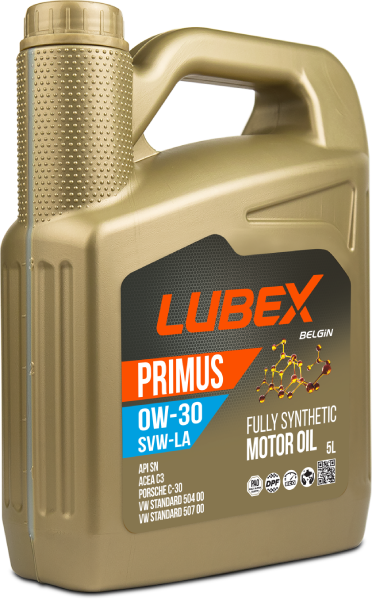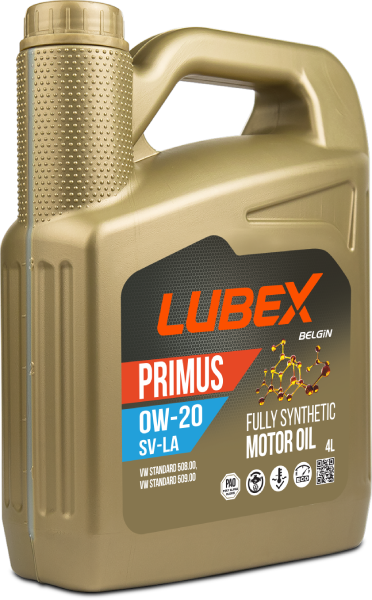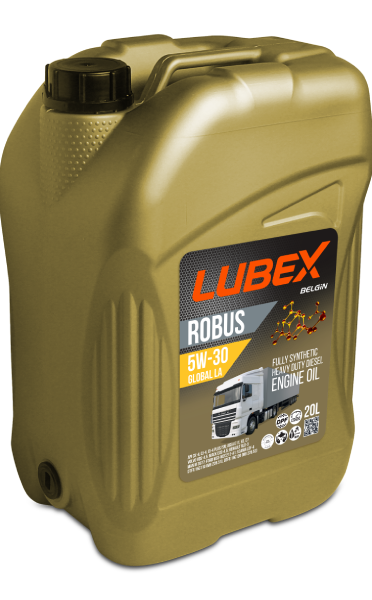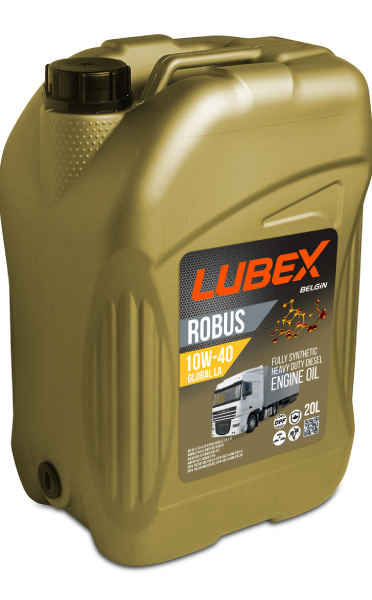Information About Motor Oil Viscosity and Oil Grades
What is Motor Oil Viscosity?
Motor oil viscosity refers to the fluidity of the oil and how it responds to temperature changes. Viscosity is a crucial characteristic of motor oil, directly affecting the engine's performance, fuel efficiency, and lifespan.
Viscosity Grades and Their Meanings
The viscosity grades of motor oils are typically determined by the "SAE" (Society of Automotive Engineers) and are expressed with two numbers, such as 5W-30. These grades indicate the oil's fluidity properties at low and high temperatures.
- First Number (Before the "W"): Indicates how fluid the oil is at low temperatures. For instance, in 5W-30 oil, the "5W" signifies the oil's fluidity in winter conditions. A lower number means the oil is more fluid in the cold and provides better protection to the engine.
- Second Number: Indicates how fluid the oil is at high temperatures. In the same example, the "30" number specifies the oil's fluidity at 100°C. A higher number means the oil is more viscous as the temperature increases, offering better protection to the engine at high temperatures.
Oil Grades and Their Characteristics
Motor oils are mainly divided into three primary categories:
- Mineral Oils: Derived from natural sources, these oils are usually suitable for older vehicle models. They are more economical but may require more frequent oil changes.
- Synthetic Oils: Chemically engineered synthetic oils provide high performance and protection. They are ideal for modern engines and have a longer lifespan.
- Semi-Synthetic Oils: A blend of mineral and synthetic oils, offering a balanced option in terms of cost and performance.
Which Viscosity Should You Choose?
Choosing the correct motor oil viscosity is critical for your vehicle's performance and engine lifespan. You should select the viscosity values specified in your vehicle's manual. Additionally, consider the climate conditions and how you use your vehicle. In cold climates, oils with a lower "W" value are preferred, while higher viscosity values are recommended for engines operating in hot climates or under heavy loads.
Things to Consider When Choosing Motor Oil
- Manufacturer Recommendations: Use the oil type and viscosity recommended by your vehicle's manufacturer.
- Climate Conditions: Choose viscosity values suitable for the climate conditions of your region.
- Usage Conditions: Select the appropriate oil based on whether you use your vehicle for short trips in the city or long journeys.
Motor oil viscosity and grades are important factors that directly affect your vehicle's engine performance and lifespan. Choosing the right oil and changing it regularly protects your engine and ensures your vehicle operates at maximum efficiency.

LUBEX
DISCOVER PRODUCTS
Superior performance and protection with Lubex engine oils! Explore our wide range of products for different needs and find the best engine oil for your vehicle. Extend the life of your engine with our high quality formulas.
ALL LUBEX PRODUCTS




